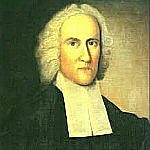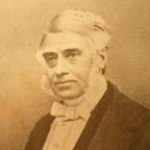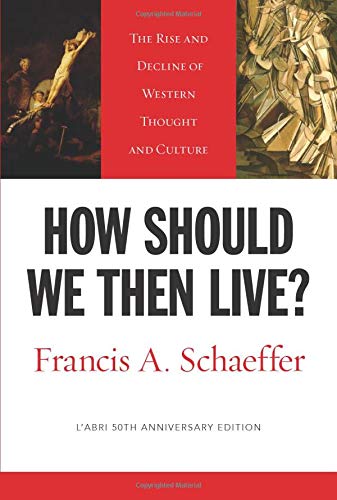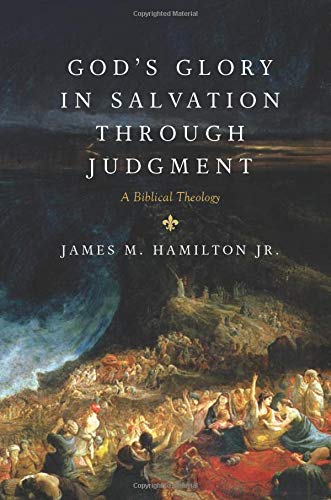Quotes about Pride-Dangers
Self is the most treacherous enemy, and the most insinuating deceiver in the world. Of all other vices, it is both the hardest to find out, and the hardest to cure.
Pride is a devastating sin and is complex. Most sins turn us away from God, but pride directly attacks God. It lifts us above and against God, seeking to dethrone Him by enthroning ourselves.
A Just War, Tabletalk, October 2008, p. 37. Used by Permission of Ligonier Ministries.
As death is the last enemy; so pride the last sin that shall be destroyed in us.
A Puritan Golden Treasury, compiled by I.D.E. Thomas, by permission of Banner of Truth, Carlisle, PA. 2000, p. 224.
The proud person is Satan’s throne, and the idle man his pillow.
In God’s program, growing means becoming smaller. As Jesus put it, “If anyone wants to be first, he must be the very last, and the servant of all” (Mark 9:35). Greatness in His kingdom is a gift God gives to the humble, not a prize to be grasped by the proud.
Living in the Grip of Relentless Grace, P&R Publishing, 2002, p. 111. Used by Permission.
Pride is a person having too high an opinion of himself. Pride is the first sin that ever entered into the universe, and the last sin that is rooted out. Pride is the worst sin. It is the most secret of all sins. There is no other matter in which the heart is more deceitful and unsearchable. Alas, how much pride the best have in their hearts! Pride is God’s most stubborn enemy! There is no sin so much like the devil as pride. It is a secret and subtle sin, and appears in a great many shapes which are undetected and unsuspected.
Pride is the worst viper in the human heart! Pride is the greatest disturber of the soul’s peace, and of sweet communion with Christ. Pride is with the greatest difficulty rooted out. Pride is the most hidden, secret, and deceitful of all lusts! Pride often creeps insensibly into the midst of religion, even, sometimes, under the disguise of humility itself!
God has to take our eyes off our kingdom before He can build His.
Pride is a vice, which cleaves so fast unto the heart of men, that if we were to strip ourselves off all faults, one by one, we should undoubtedly find it the very last and hardest to put off.
Pride is the sin we cannot see in ourselves and yet so detest in others.
True Greatness by Kent Hughes taken from Luke by Kent Hughes – Volume 1, copyright 1998, Crossway Books, a division of Good News Publishers, Wheaton Illinois 60187, www.crosswaybooks.org. Page 365.
In God you come up against something which is in every respect immeasurably superior to yourself. Unless you know God as that – and, therefore, know yourself as nothing in comparison – you do not know God at all. As long as you are proud, you cannot know God. A proud man is always looking down on things and people: and, of course, as long as you are looking down, you cannot see something that is above you.
It was through Pride that the devil became the devil: Pride leads to every other vice: it is the completely anti-God state of mind.
The way to exultation is always through humiliation. If that principle was true for the Son of God, how much more is it true for His followers?
God sends no one away empty except those who are full of themselves.
There is no pride so dangerous, none so subtle and insidious, as the pride of holiness.
There is no pride so dangerous, none so subtle and insidious, as the pride of holiness.
Humility, Whitaker, 1982, p. 56. All quotations taken from books published by Whitaker House are used with permission of the publisher. Whitaker House books are available at Christian bookstores everywhere.
It is harder to deny proud self than sinful self (James Hervey).
Our hearts are desperately proud. If there is one sin which God hates more than another, and more sets Himself against, it is the sin of pride. Like a weed upon a dung-heap, pride grows more profusely in some soils, especially when well fertilized by rank, riches, praise, flattery, our own ignorance, and the ignorance of others. We all inherit pride from our fallen ancestor Adam, who got it from Satan, that “king over all the children of pride.” Those, perhaps, who think they possess the least pride, and view themselves with wonderful self-admiration as the humblest of mortals, may have more pride than those who feel and confess it. It may only be more deeply hidden in the dark recesses of their carnal mind.
Pride is the idolatry of the self. It is the nature of pride as competition with God – the displacing of God by the self at the center – that has led many Christian thinkers through the ages to regard pride (superbia) as the mother sin and the essential element in all sin.
Just as pride is the root of every evil, humility is the root of every virtue.
The Exemplary Husband, Focus Publishing, 2000, p. 185. Get this book!
“I hate pride and arrogance!” (Pr. 8:13). God abhors those people worst who adore themselves most. Pride is not a Bethel – that is, a house where God dwells; but a Babel – that is, a stinking dungeon in which Satan abides. Pride is not only a most hateful evil – but it is a radical evil. As all other lusts are found lodging in it – so they are found springing from it. Pride is a foul leprosy, in the face of morality; and a hurtful worm, gnawing at the root of humility. Pride is a cancer within, and a spreading plague without!
No matter how dear you are to God, if pride is harbored in your spirit, He will whip it out of you. They that go up in their own estimation must come down again by His discipline.
There is nothing into which the heart of man so easily falls as pride, and yet there is no more vice which is more frequently, more emphatically, and more eloquently condemned in Scripture. Pride is a thing which should be unnatural to us, for we have nothing to be proud of. In almost every other sin, we gather us ashes when the fire is gone. But here, what is left? The covetous man has his shining gold, but what does the proud man have? He has less than he would have had without pride, and is no gainer whatever. Pride wins no crown.
God will not go forth with that man who marches in his own strength.
Quoted in: Curtis C. Thomas, Practical Wisdom for Pastors, Crossway Books, 2001, p. 209.
God despises pride. Pride usually leads into a terrible fall. Only Satan can convince us that we, by our own strength, have accomplished anything good spiritually.
Practical Wisdom for Pastors, Crossway Books, 2001, p. 209. Used by Permission. Get this book!
It is not so much our littleness that hinders Christ as our bigness. It is not so much our weakness that hinders Christ as our strength. It is not our darkness, but our supposed light that holds back His power.






















